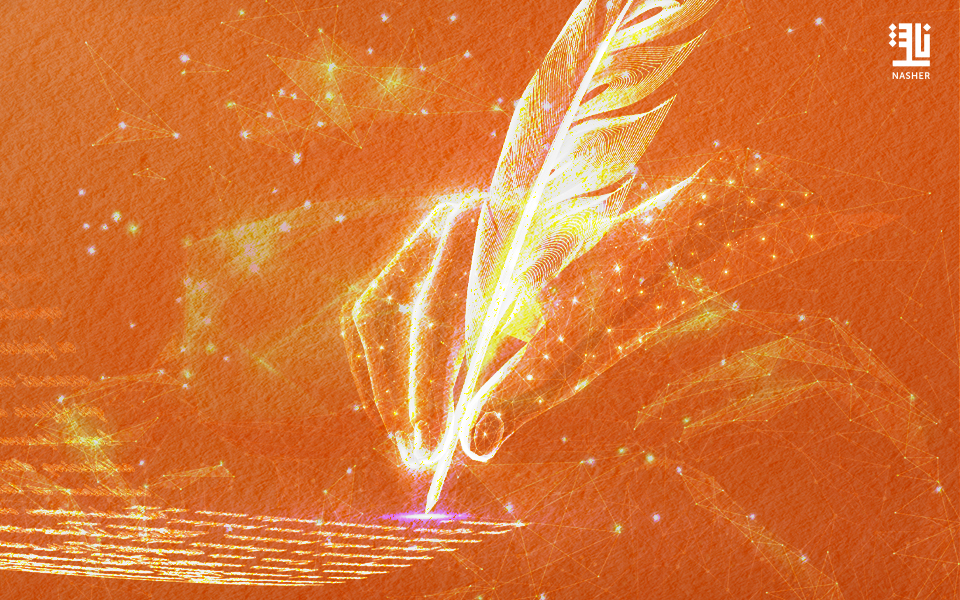Published with the attentive genius of an editor, and skilled at generating clever lines, AI has become a rival to creativity, not just a technology to assist it, particularly in publishing. Platforms similar to ChatGPT have managed to write short stories, literary texts, and research studies that have subsequently been converted into books and publications. Such pieces have drawn admiring reviews from some, haughty disdain from some others and opened a Pandora’s box-like discussion about the edge of machine creativity: Can it transcend mimicry to the realms of inspiration or innovation?
One of the more the notable experiments was short stories and educational books written with the help of AI, which seemed quite structured and intelligible. Yet critics have noted that these texts do not express emotional depth or human experience. AI can read millions of characters and string together writing style by copying different texts, but what they lack is the human touch, which is the very thing that gives texts their uniqueness and relevance to readers.
Readers, for their part, have mixed feelings. One group, however, sees AI-generated texts as a tool to access new worlds of writing, and adjust them to their preferences. And yet, some argue that where no soul or personal experience infuses language, it can never rival conventional literature. On the legal side, this development creates questions about intellectual property rights: who owns the texts generated by AI, the publisher, the programmer or the user?
Still, technology experts say AI is unlikely to be the replacement — and more likely a partner that allows writers to develop their as-yet-not-fully-realized works and enhance production times, especially for those whose work involves a lot of research. AI is still a strong tool to help writers get assistance; however, it lacks the most crucial part that gives creativity its purpose: human experience. So, the question remains: can a machine compete with a true author, or is it fated to being but a pale shadow of their efforts?







